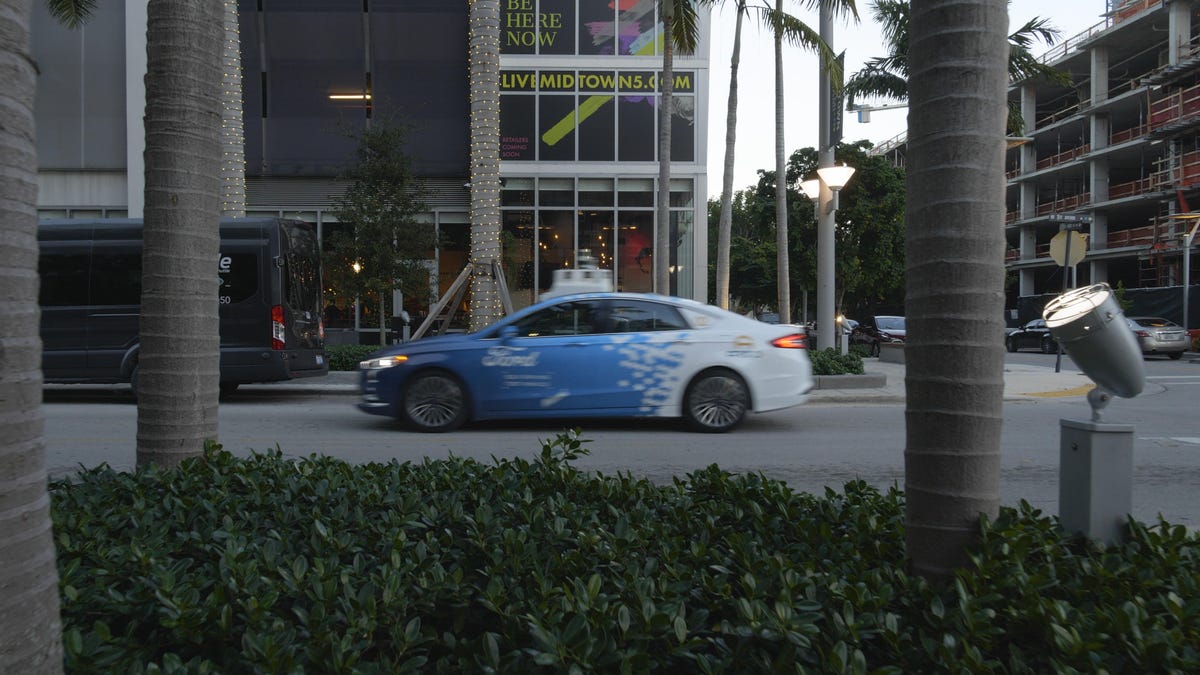Most Americans are afraid of self-driving cars, AAA study says
Nearly half of respondents, however, would trust self-driving delivery vehicles.

Although there are no fully self-driving cars on sale in the US today, the American public remains fearful of autonomous vehicles. That's the conclusion from a new study released Thursday by AAA, in which 71 percent of respondents said they would be afraid of riding in a self-driving vehicle.
AAA began surveying the public on attitudes toward autonomous cars in 2016. The latest results track well with a study from April 2018, which found that 73 percent of respondents said they were "afraid" of the technology. One thing AAA's study did not directly reveal, though, is why exactly people are fearful of self-driving cars.
"It's hard to say but it's possible that the sustained level of fear is rooted in a heightened focus, whether good or bad, on incidents involving these types of vehicles. Also, it could simply be due to a fear of the unknown," AAA director of automated engineering Greg Brannon said in a statement.
Only 19 percent of Americans surveyed would trust an autonomous vehicle to transport their child or family member.
Indeed, earlier AAA surveys in 2017 had found Americans had a more favorable feeling toward autonomous vehicles -- but the group believes high-profile crashes since then, such as Uber's fatal crash in Arizona, led to more fear of danger.
AAA found that Americans are willing to start taking some baby steps toward accepting autonomy, however. While only 19 percent said they'd let their children or loved ones ride in a fully self-driving car, 44 percent said they'd be OK with self-driving food or package delivery vehicles. And 53 percent said they "would be comfortable" with airport or theme-park shuttles that were autonomous.
At the same time, there's apparently plenty of optimism about the tech's future development: AAA's study found that 55 percent of drivers surveyed think that "most cars will have the ability to drive themselves" by 2029.

